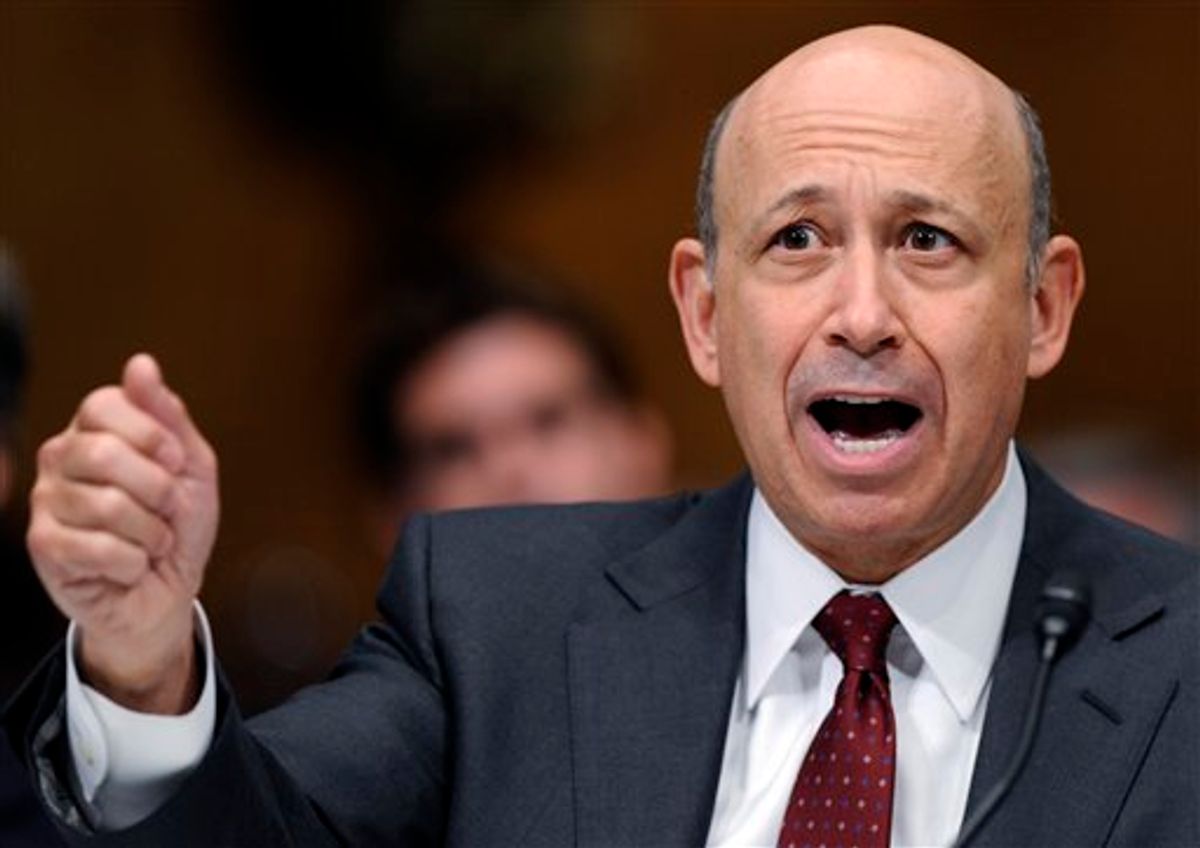Almost everyone knows CEO pay is out of control. It surged 16 percent at big companies last year, and the typical CEO raked in $15.1 million, according to the New York Times.
Meanwhile, the median wage continued to drop, adjusted for inflation.
What’s less well-known is that you and I and other taxpayers are subsidizing this sky-high executive compensation. That’s because corporations deduct it from their income taxes, causing the rest of us to pay more in taxes to make up the difference.
This tax subsidy to corporate executives from the rest of us ought to be one of the first tax expenditures to go, when and if Congress turns to reforming the tax code.
We almost got there 20 years ago. When he was campaigning for the presidency, Bill Clinton promised that if elected he’d end the deductibility of executive pay in excess of $1 million.
Once in office, though, his economic advisers urged him to modify his pledge to allow corporations to deduct executive pay in excess of $1 million if the pay was linked to corporate performance – that is, to the value of the company’s shares. (I hate to sound like a told-you-so, but I was the one adviser who wanted the new president to stick to his campaign promise without creating the pay-for-performance loophole.)
Clinton agreed with the majority of his advisers, and a new provision was added to the Internal Revenue Code, Section 162(m), allowing corporations to deduct from their tax bills executive compensation in excess of $1 million, if the compensation is tied to company performance.
How has it worked out? Even Sen. Charles Grassley, the ranking Republican on the Senate Finance Committee, agrees it’s been a sham:
162(m) is broken. … It was well-intentioned. But it really hasn’t worked at all. Companies have found it easy to get around the law. It has more holes than Swiss cheese. And it seems to have encouraged the options industry. These sophisticated folks are working with Swiss-watch-like devices to game this Swiss-cheese-like rule.
One such game has been to hand out performance awards on the basis of nothing more than an upward drift in the value of the stock market as a whole, over which the executives played no role other than watch as their company’s stock price rose along with that of almost every other company.
Another game has been to back-date executive stock options to match past dips in the companies’ share price, thereby exaggerating the subsequent upswing and creating fatter “performance” bonuses.
A third game has been to set the performance bar artificially low — even lower than what the companies tell Wall Street analysts to expect — so the executives are almost guaranteed to beat the threshold.
Last year 107 CEOs of Standard & Poor 500 companies got performance-based awards totaling $1.4 billion even though their companies showed negative returns relative to an index of all stocks, according to an analysis by Bloomberg Business.
Not only are shareholders taken to the cleaners by these maneuvers. So are you and I and other taxpayers.
The Economic Policy Institute estimates that between 2007 and 2010, a total of $121.5 billion in executive compensation was deducted from corporate earnings, and roughly 55 percent of this total was for performance-based compensation. Given all the games, it’s likely much of this “performance” was baloney.
So what’s the answer? As I argued 20 years ago, keep the cap at $1 million and get rid of the performance-pay loophole. Executive pay in excess of $1 million shouldn’t be deductible from corporate taxes, period.

Shares